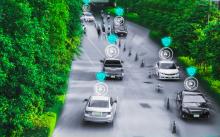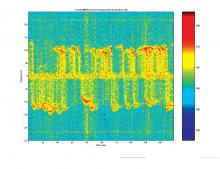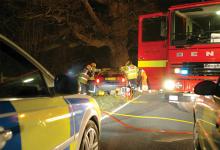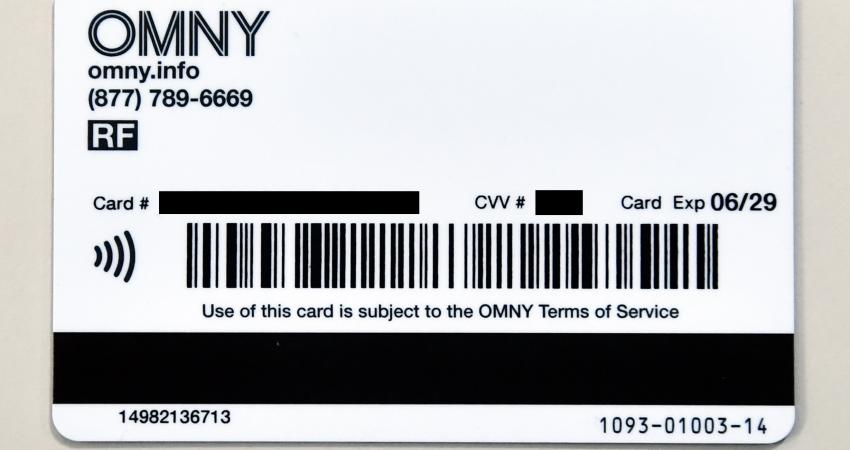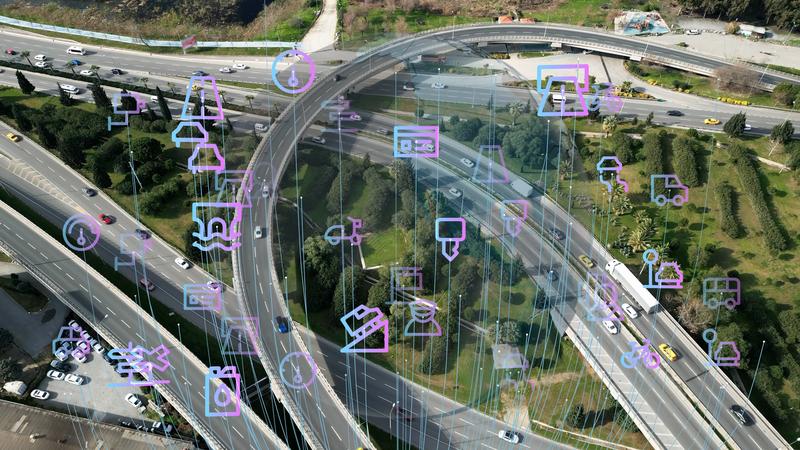UK-based Roke Manor Research (Roke) has developed what it says is the world's first viable 3D 'black box' technology for vehicles, using a single dashboard camera.
Fitted to an autonomous Toyota Prius, Roke demonstrated how data captured via vision processing technology could be used to provide a precise 3D reconstruction following a road incident. It's set to offer insurers, drivers and, in the case of autonomous vehicles, manufacturer’s independent evidence of what happened. Roke believes this will not
UK-based 496 Roke Manor Research (Roke) has developed what it says is the world's first viable 3D 'black box' technology for vehicles, using a single dashboard camera.
Fitted to an autonomous Toyota Prius, Roke demonstrated how data captured via vision processing technology could be used to provide a precise 3D reconstruction following a road incident. It's set to offer insurers, drivers and, in the case of autonomous vehicles, manufacturer’s independent evidence of what happened. Roke believes this will not just lead to safer vehicles but also help to build public trust in driverless vehicles.
Early iterations of this technology were first developed by Roke for soldiers in research undertaken for the UK government's Defence Science and Technology Laboratory. Over the past year, Roke has been developing and miniaturising the technology with the help of funding from Innovate UK, which Roke managing director David Cole says is essential in helping the research centre remain at the forefront of autonomous and sensing technology.
According to Dr James Revell, consultant engineer at Roke, unlike current dashcams, the technology uses computer vision algorithms to enable the precise position and orientation of any vehicle - car, bike, lorry or autonomous vehicle. This allows for near-perfect 3D reconstruction of any accident to be created even if the vehicle loses complete control.
Fitted to an autonomous Toyota Prius, Roke demonstrated how data captured via vision processing technology could be used to provide a precise 3D reconstruction following a road incident. It's set to offer insurers, drivers and, in the case of autonomous vehicles, manufacturer’s independent evidence of what happened. Roke believes this will not just lead to safer vehicles but also help to build public trust in driverless vehicles.
Early iterations of this technology were first developed by Roke for soldiers in research undertaken for the UK government's Defence Science and Technology Laboratory. Over the past year, Roke has been developing and miniaturising the technology with the help of funding from Innovate UK, which Roke managing director David Cole says is essential in helping the research centre remain at the forefront of autonomous and sensing technology.
According to Dr James Revell, consultant engineer at Roke, unlike current dashcams, the technology uses computer vision algorithms to enable the precise position and orientation of any vehicle - car, bike, lorry or autonomous vehicle. This allows for near-perfect 3D reconstruction of any accident to be created even if the vehicle loses complete control.



